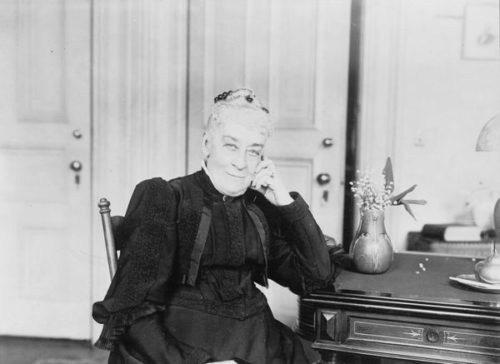
Facebook announced very publicly it was deleting its trove of facial recognition data. Somehow this has been falsely reported as Facebook won’t use facial recognition.
Let me be very clear here: Facebook said it will continue using facial recognition.
The reports bury this fact so far down it’s highly suspicious. Why would all the headlines say Facebook has stopped using facial recognition while in fact carrying a buried lede like this one:
…the company signaled facial recognition technology may be used in its products in the future.
Future? That’s today. Facebook is literally saying they will continue to use facial recognition. Please everyone stop reporting this as an end to their use!

NO NO NO and NO
Even worse, Facebook tried to use specious safety reasons to argue that facial recognition has a notable upside.
Meta’s vice-president of artificial intelligence, Jerome Pesenti, said the technology had helped visually impaired and blind users.
Capturing faces was to help visually impaired and blind Facebook users? Come on. This is like someone saying at least fascism kept the trains running on time (it didn’t). What a way to throw its blind users under the bus. You think facial recognition is bad? Well now Facebook is telling you you’re a bad person because you must hate blind people.
Let me very clear here: Facebook is covering something up that is very bad.
Deleting all those Yann LeCunn developed templates and databases from sub-second facial scans has to be related to the fact that regulators are coming, and that internal documents are leaking.
Privacy watchdogs in Britain and Australia have opened a joint investigation into facial recognition company Clearview AI…
This is the actual headline we should be seeing for Facebook, not a bunch of puffery about it being the good guy for deleting data.
…following an investigation, Australia privacy regulator, the Office of the Australian Information Commissioner (OAIC), has found that the company breached citizens’ privacy. “The covert collection of this kind of sensitive information is unreasonably intrusive and unfair,” said OAIC privacy commissioner Angelene Falk in a press statement. “It carries significant risk of harm to individuals, including vulnerable groups such as children and victims of crime…”
Facebook likely knows of a serious breach and ongoing misuse of its facial recognition data such that it’s covering up here (not unlike the massive coverup operation by Yahoo when it was breached).
Is there a smoke plume coming out of headquarters for all the internal memos on facial recognition they’re burning right now?

Why else would their PR department be so odiously twisting news into “we’re shutting down facial recognition” while in the same breath saying “we’re still using facial recognition”.
Shame on journalists for reporting without doing a common sense check of the content.
Something very bad must have happened (after all, we’re talking about Facebook), and management seems to be pushing a very hot global coverup operation by manipulating the news cycles to get ahead of it.

